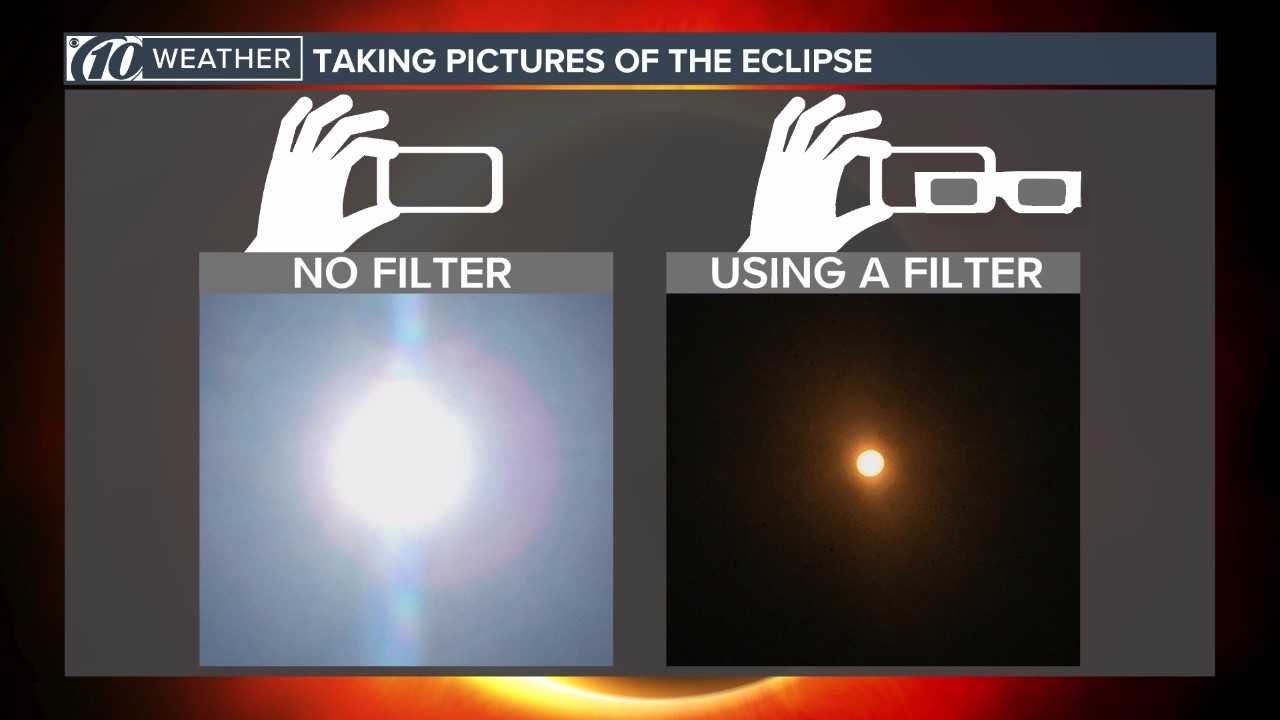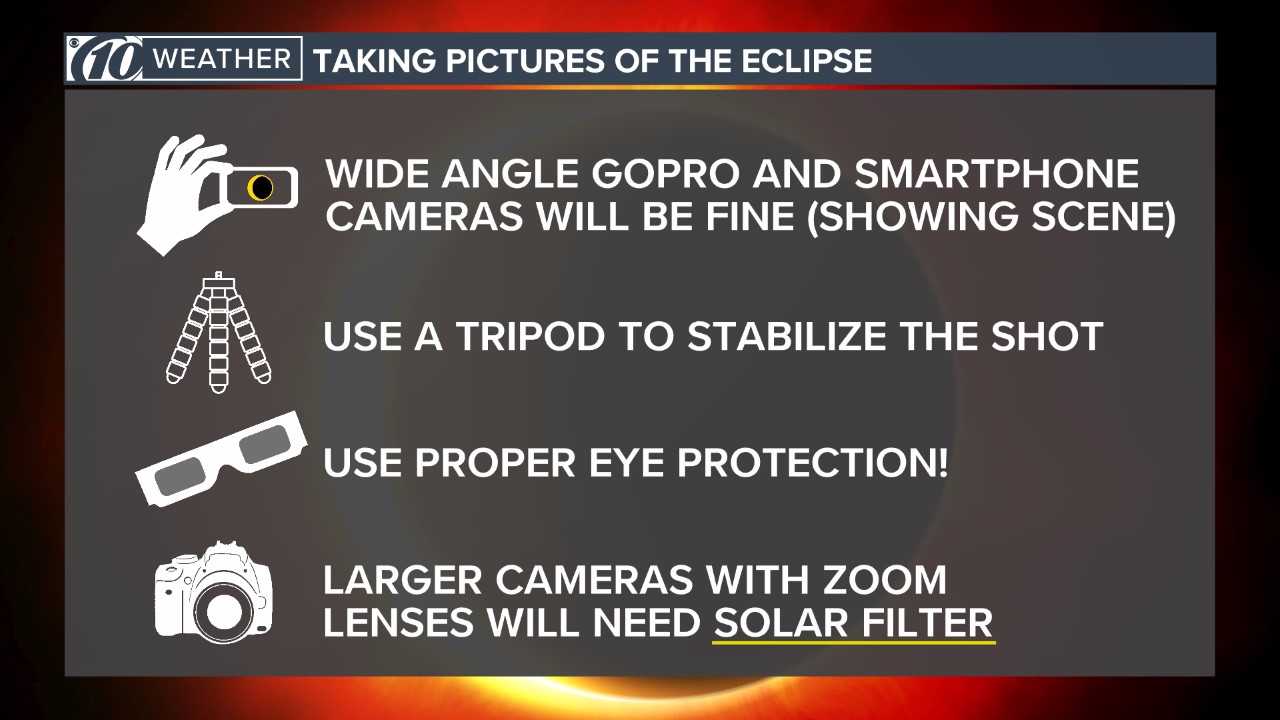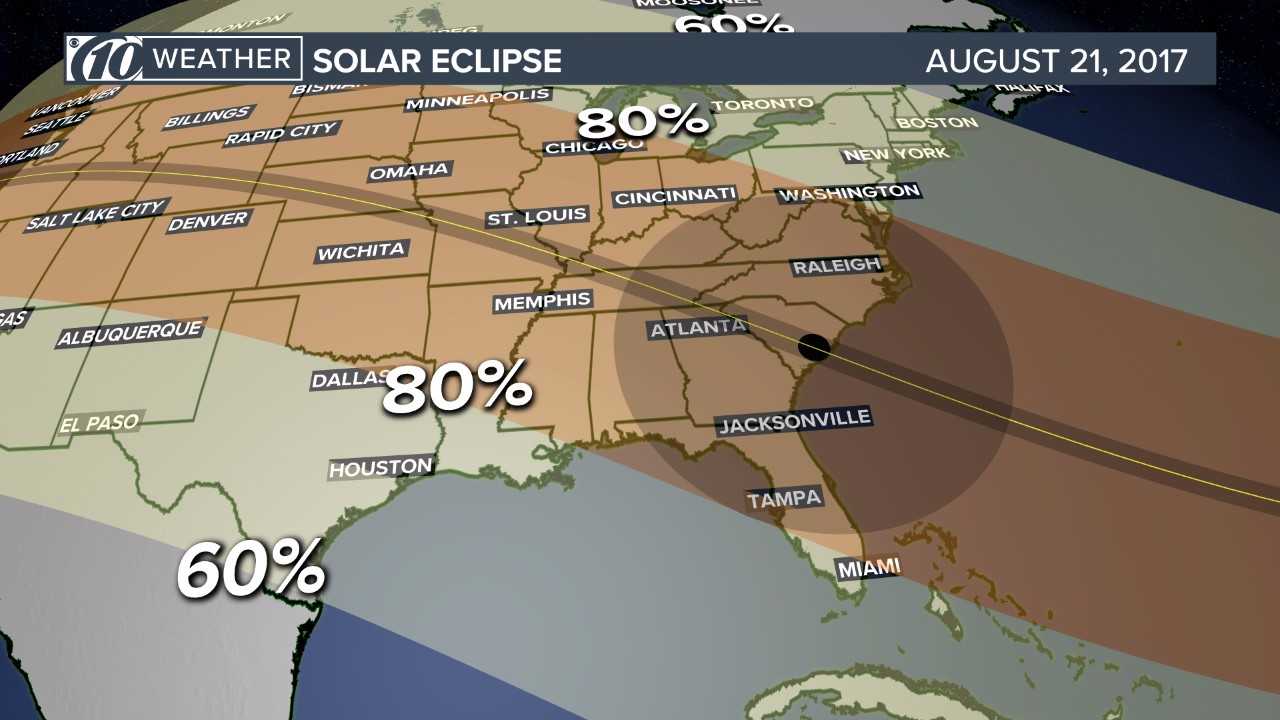Is Looking At The Eclipse Worse Than The Sun? A Comprehensive Guide
Let’s get real here—staring at the sun is bad news, but what about an eclipse? Is it even worse? If you’ve ever found yourself wondering if gazing at an eclipse can fry your eyeballs faster than a sunny day at the beach, you’re not alone. In this guide, we’re diving deep into the science behind why looking at an eclipse can be more dangerous than just staring at the regular ol’ sun. Spoiler alert: it’s not a myth!
Imagine this—you’re standing outside on a crisp morning, the sky darkens, and suddenly, the moon decides to play hide-and-seek with the sun. Sounds magical, right? But here’s the catch: that brief moment of celestial beauty can come with a hefty price tag—your vision. Yep, your eyes are way more fragile than you think, and an eclipse has a sneaky way of luring you into a false sense of safety.
Now, before we dive into the nitty-gritty, let me drop some real talk. This isn’t just another clickbait article. We’re breaking down everything you need to know about eclipses, why they’re dangerous, and how to protect yourself. So buckle up, because we’re about to shine some light (pun intended) on this topic.
Read also:Unveiling The Essence Of Main Character True Beauty A Comprehensive Guide
Here’s a quick table of contents to help you navigate:
- What Is an Eclipse?
- Why Is Looking at the Eclipse Dangerous?
- How Does It Compare to Looking at the Sun?
- Types of Eye Damage
- How to Safely View an Eclipse
- Common Myths About Eclipses
- Scientific Research and Studies
- Tips for Parents
- Preparing for an Eclipse
- Conclusion
What Is an Eclipse?
Okay, let’s start with the basics. An eclipse happens when the moon moves between the Earth and the sun, casting a shadow on our planet. There are two main types: solar and lunar. A solar eclipse occurs when the moon blocks the sun, while a lunar eclipse happens when the Earth comes between the sun and the moon. Cool, huh? But here’s the kicker—during a solar eclipse, the sun’s rays can still sneak through, and that’s where the danger lies.
Why Do People Get Curious About Eclipses?
Humans have been fascinated by eclipses for centuries. From ancient civilizations believing it was a sign from the gods to modern-day stargazers snapping pics, there’s just something mesmerizing about it. But that fascination can sometimes lead to risky behavior, like staring directly at the eclipse without proper protection.
Why Is Looking at the Eclipse Dangerous?
Here’s the deal—the sun is super bright, and its ultraviolet (UV) rays can damage your retinas in seconds. During an eclipse, the moon partially blocks the sun, making it seem less intense. But don’t be fooled! The remaining sunlight is still strong enough to cause serious harm. In fact, the partial phases of an eclipse are the most dangerous because your eyes aren’t as alert to the danger.
Think of it like this: if you’re at a party and someone turns off the lights for a second, you don’t panic. But if the lights stay off for too long, you start to worry. Your eyes work the same way. During an eclipse, the dimmed light tricks your brain into thinking it’s safe to look, but it’s not.
How Does It Compare to Looking at the Sun?
Both are bad, but here’s the twist—an eclipse can be sneakier. When you look at the regular sun, your eyes instinctively squint or turn away because it’s so bright. But during an eclipse, the reduced light tricks your brain into thinking it’s okay to stare longer. That extra time can lead to more damage. So yeah, looking at an eclipse might actually be worse than looking at the sun because of that sneaky factor.
Read also:Discover Bhad Bhabie Net Worth Age And Personal Life 2023
What Happens to Your Eyes?
When you stare at the sun (or an eclipse), the UV rays burn your retinas, causing a condition called solar retinopathy. It’s like getting a sunburn on your eyeballs, but way worse. Symptoms include blurry vision, blind spots, and even permanent damage. And here’s the kicker—there’s no pain, so you might not realize you’re damaging your eyes until it’s too late.
Types of Eye Damage
Let’s break it down:
- Solar Retinopathy: The most common type of damage caused by staring at the sun or an eclipse. It’s like a sunburn for your retinas.
- Macular Degeneration: Long-term exposure to UV rays can lead to this condition, which affects your central vision.
- Cataracts: UV exposure can also increase your risk of developing cataracts, which cloud your lenses.
And guess what? Once the damage is done, there’s no reversing it. So yeah, protecting your eyes is kind of a big deal.
How to Safely View an Eclipse
Now that we’ve scared you straight, let’s talk solutions. There are safe ways to enjoy an eclipse without frying your retinas. Here’s what you need to do:
- Use certified eclipse glasses. These bad boys are specially designed to block out 100% of the harmful UV rays.
- Try a pinhole projector. This DIY method lets you view the eclipse indirectly without risking your eyes.
- Avoid using regular sunglasses. They’re not strong enough to protect you from the sun’s intense rays.
And remember—during the partial phases of the eclipse, you still need protection. Even if it looks dim, those UV rays are still strong enough to cause damage.
What If You Don’t Have Eclipse Glasses?
No worries! You can still enjoy the show. Just use one of the indirect methods, like a pinhole projector or a homemade viewer. Trust me, it’s worth the extra effort to keep your eyes safe.
Common Myths About Eclipses
Let’s debunk some common misconceptions:
- Myth #1: You can look at the eclipse as long as you blink frequently. Nope. Blinking won’t save you from UV damage.
- Myth #2: Sunglasses are enough protection. Sorry, but regular sunglasses don’t cut it.
- Myth #3: Looking at the eclipse through a camera lens is safe. Wrong again. The lens can actually magnify the UV rays, making it even more dangerous.
So yeah, don’t fall for these myths. Your eyes will thank you later.
Scientific Research and Studies
Studies have shown that solar retinopathy can occur after as little as 10 seconds of exposure. Yep, 10 seconds. That’s all it takes to damage your retinas. One study published in the journal Ophthalmology found that during a solar eclipse in 1999, hundreds of people reported vision problems after staring at the eclipse without protection.
And here’s another fun fact—UV rays can penetrate clouds, so even if it’s overcast, you’re still at risk. So yeah, don’t take any chances.
Tips for Parents
If you’ve got kids, you know how curious they can be. Here’s how to keep them safe:
- Explain the dangers in a way they’ll understand. Use analogies, like comparing it to a sunburn on their eyes.
- Provide them with their own pair of eclipse glasses. Make sure they fit properly and are certified.
- Supervise them closely during the eclipse. Kids can be impulsive, so keep an eye on them.
And remember—leading by example is key. If you’re taking precautions, they’ll be more likely to follow suit.
Preparing for an Eclipse
Whether you’re a seasoned stargazer or a first-timer, preparation is key. Here’s what you need to do:
- Check the weather forecast. Clear skies are essential for a good view.
- Find a good viewing spot. Look for an open area with minimal obstructions.
- Make sure you have all the necessary gear. Eclipse glasses, pinhole projectors, and maybe even a picnic blanket for added comfort.
And don’t forget to share the experience with friends and family. Eclipses are rare events, and they’re way more fun when you’re enjoying them with others.
Conclusion
So there you have it—the lowdown on why looking at an eclipse can be more dangerous than staring at the sun. It’s all about those sneaky UV rays and the false sense of safety that comes with the dimmed light. But don’t let that stop you from enjoying the show! With the right precautions, you can safely witness one of nature’s most spectacular events.
Now, here’s the call to action: share this article with your friends and family. The more people know about the dangers of eclipse viewing, the safer everyone will be. And if you’ve got any questions or comments, drop them below. We’d love to hear from you!
Remember, your eyes are precious. Protect them, and they’ll keep serving you well for years to come. So gear up, get ready, and enjoy the eclipse—but do it safely!


